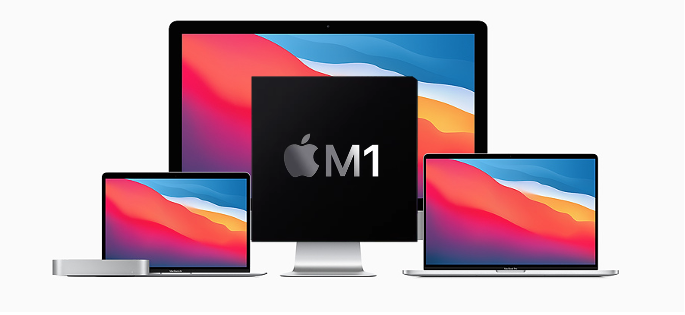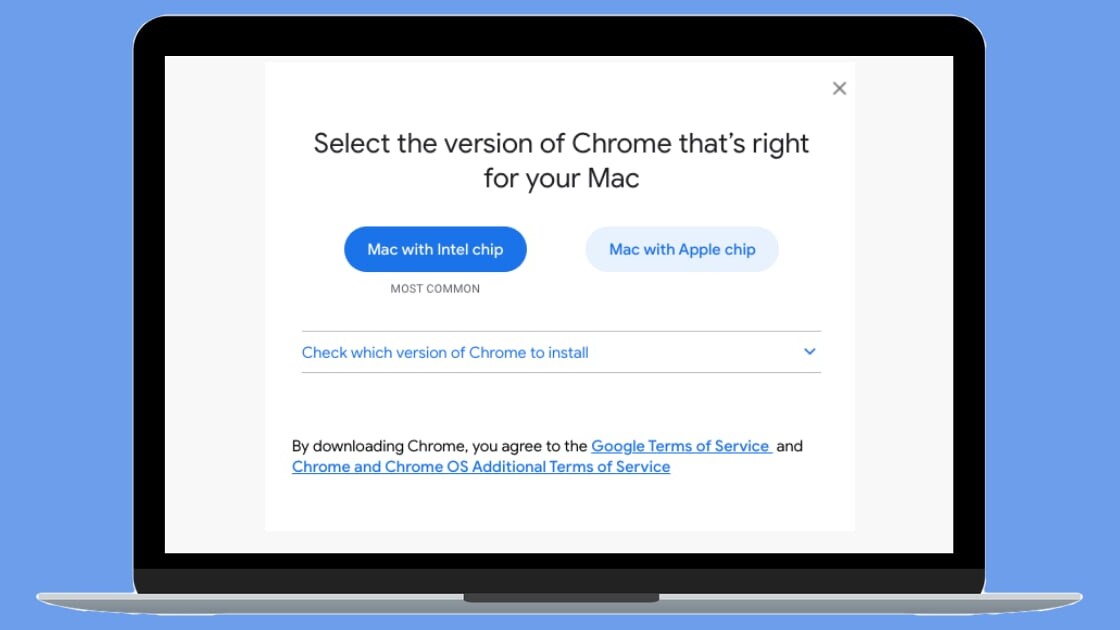The Google Chrome browser is now available as an Apple M1 native application, for those of you lucky enough to have M1 Mac Mini, Macbook Air, or Macbook Pro systems. (If you’ve been living under a rock for the last few weeks, the M1 is Apple’s newest in-house-designed ARM silicon, which the company began selling in traditional form-factor laptops and Mac Minis for the first time this week.)
Install Chrome on Windows. Download the installation file. If prompted, click Run or Save. If you chose Save, double-click the download to start installing. Start Chrome: Windows 7: A Chrome window opens once everything is done. Windows 8 & 8.1: A welcome dialogue appears. Google had pulled the Google Chrome rollout for M1-powered MacBook Air, 13-inch MacBook Pro, and the Mac Mini due to unexpected crashes. However, a workaround was soon released, where users needed to go into the System Preferences in order to make Chrome work on their M1-powered Macs. Google Chrome (finally?) reduces memory and CPU drain. While a few days ago we were singing the praises of all the novelties of the latest version of Firefox, today it's the turn of its number 1 rival: version 57 of Google Chrome arrives with several new features, foremost among them a savings in the memory and CPU consumption.
Google presents Chrome for download as either an x86_64 package or an M1 native option—which comes across as a little odd, since the M1 native version is actually a universal binary, which works on either M1 or traditional Intel Macs. Presumably, Google is pushing separate downloads due to the much smaller file size necessary for the x86_64-only package—the universal binary contains both x86_64 and ARM applications, and weighs in at 165MiB to the Intel-only package’s 96MiB.
Performance
In our earlier testing, we declared that the previous version of Google Chrome—which was available only as an x86_64 binary, and needed to be run using Rosetta 2—was perfectly fine. That was and is a true statement; we find it difficult to believe anyone using the non-native binary for Chrome under an M1 machine would find it “slow.” That said, Google’s newer, ARM-native .dmg is available today, and—as expected—it’s significantly faster, if you’re doing something complicated enough in your browser to notice.
The Google Chrome browser is now available as an Apple M1 native application, for those of you lucky enough to have M1 Mac Mini, Macbook Air, or Macbook Pro systems.(If you’ve been living under a rock for the last few weeks, the M1 is Apple’s newest in-house-designed ARM silicon, which the company began selling in traditional form-factor laptops and Mac Minis for the first time this week.). Metabase presto 3. Chrome for Apple M1 causes unexpected crashes for some users - workaround If you have already downloaded this version on an Apple device with the latest M1 chip and are experiencing problems.
The first benchmark in our gallery above, Speedometer, is the most prosaic—the only thing it does is populate lists of menu items, over and over, using a different Web-application framework each time. This is probably the most relevant benchmark of the three for “regular webpage,” if such a thing exists. Speedometer shows a massive advantage for M1 silicon running natively, whether Safari or Chrome; Chrome x86_64 run through Rosetta2 is inconsequentially slower than Chrome running on a brand-new HP EliteBook with Ryzen 7 Pro 4750U CPU.
AdvertisementJetstream2 is the broadest of the three benchmarks and includes workloads for data sorting, regular expression parsing, graphic ray tracing, and more. This is the closest thing to a “traditional” outside-the-browser benchmark and is the most relevant for general Web applications of all kinds—particularly heavy office applications such as spreadsheets with tons of columns, rows, and formulae but also graphic editors with local rather than cloud processing. Chrome x86_64 under Rosetta2 takes a significant back seat to everything else here—though we want to again stress that it does not feel at all slow and would perform quite well compared to nearly any other system.
Google Chrome M1 Download Windows 7


Finally, MotionMark 1.1 measures complex graphic animation techniques in-browser, and nothing else. Safari enjoys an absolutely crushing advantage on this test, more than doubling even M1-native Chrome’s performance. The Apple M1’s GPU prowess also has an inordinate impact on these test results, with Chrome both native and x86_64 translated on the M1 outrunning Chrome on the Ryzen 7 Pro 4750U powered HP EliteBook.
MacBook Air M1Now that Apple’s ARM-powered PCs have arrived, developers are retooling their software to run natively on the M1 CPU instead of relying on Rosetta 2 emulation. Web scraping modules python. For many of us, Google Chrome is the program we use the most, and according to tweets from the team, you should be able to get an optimized version of the software shortly.
Google Chrome M1 Download Free
If you want to use Chrome on new Macs with Apple M1 chips, head to https://t.co/uIyDy5PSMS and download the Apple Silicon version we released in M87 today! pic.twitter.com/11uDaIYUR4
Google Chrome M1 Download Full


Google Chrome M1 Download Free
— Elvin 🏳️🌈 (@elvin_not_11) November 17, 2020Google Chrome M1 Download For Windows 7
9to5Google writes that a native version of Chrome for your “Mac with Apple Chip” launched with today’s rollout of Chrome 87. However, as The Verge followed up, that version was pulled, with a support page mentioning a bug that could cause the browser to crash. Google’s Mark Chang said in a tweet that the rollout has been paused, but they anticipate restarting it on Wednesday, so you can use Chrome with even better performance and energy management.
